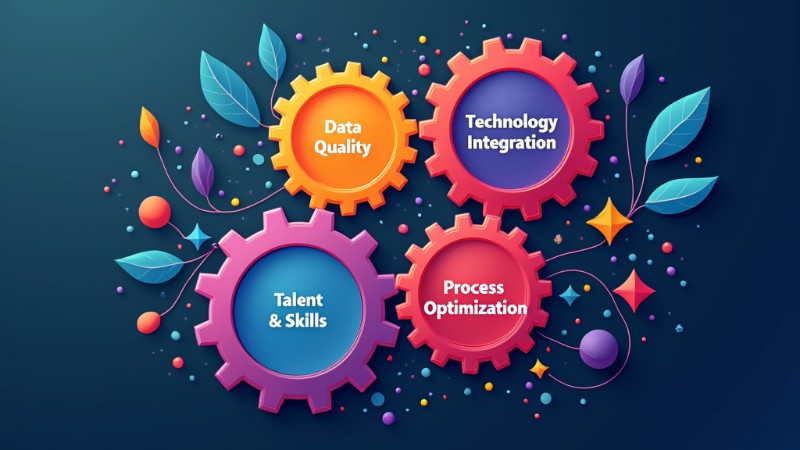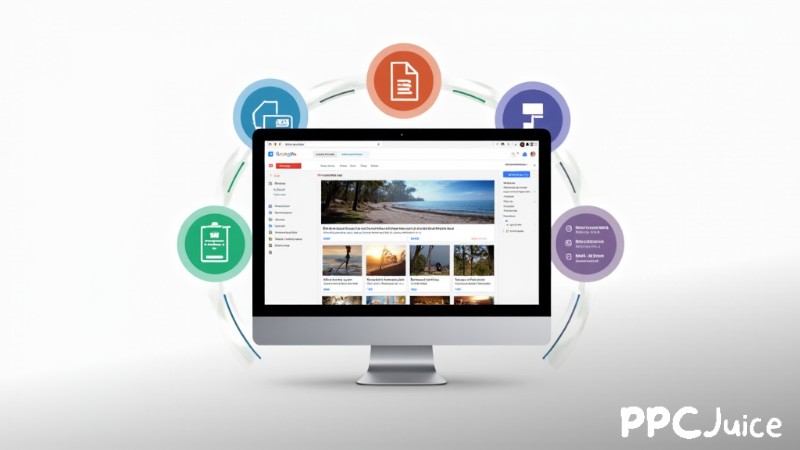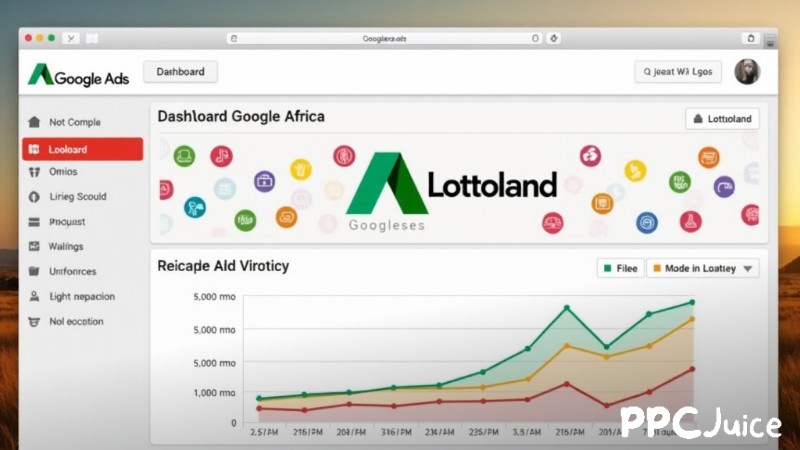
Artificial intelligence (AI) is driving significant advancements in pay-per-click (PPC) advertising, reshaping how businesses optimize their campaigns. Google and Boston Consulting Group have identified four essential pillars for marketers looking to achieve excellence with AI. This framework enhances efficiency and delivers tangible results that can boost business outcomes.
Businesses at the forefront of AI adoption report 60% higher revenue growth compared to those in the early stages of AI integration. These leaders leverage advanced AI capabilities to optimize strategies and personalize user experiences, driving superior performance. How AI impacts Google ads is evident in its ability to automate bid adjustments and audience targeting, leading to higher conversion rates.
The AI journey in PPC marketing
The journey towards full AI transformation begins with basic adoption and progresses through several stages. Currently, only 19% of companies have achieved AI leader status by incorporating sophisticated AI strategies into their marketing efforts.
AI leaders differentiate themselves by harnessing six fundamental strengths. For example, an online retail company reduced budget forecasting time by two-thirds whilst increasing brand awareness by 11% through AI-driven predictive models. Moreover, AI-powered Google ads tools optimise ad spending based on real-time performance metrics.
Key pillars of AI-driven PPC success
Success in AI-driven PPC marketing begins with establishing robust measurement systems. AI-powered tools continuously collect and analyse data in real-time, allowing marketers to refine their strategies based on actionable insights. By leveraging historical performance analysis, businesses can make accurate predictions and optimise campaigns for better results. Top PPC trends for advertisers in 2025 include AI-driven predictive analytics to enhance ad targeting.
Beyond measurement, AI plays a critical role in media optimization. By enhancing budget allocation and audience targeting, AI ensures that campaigns reach the most relevant users. The future of PPC automation will likely see deeper AI integration, enabling advertisers to dynamically adjust bids and tailor ad messaging to user intent in real-time.
Another key advantage of AI is its ability to streamline content creation. Generative AI tools such as Copy.ai simplify crafting ad copy and social media posts whilst maintaining brand consistency. AI leaders rigorously test and optimise campaigns before launch, ensuring messaging aligns with user preferences. In addition, Google ads AI strategies involve automating ad copy generation to improve engagement and response rates.
To fully unlock AI’s potential in PPC marketing, companies must invest in talent development and seamless AI integration. Building specialised teams capable of driving AI-powered strategies is essential for success. Redesigning workflows to accommodate AI tools and fostering collaboration across departments maximises efficiency.
As AI adoption grows, marketing teams must work closely with other business functions to harness AI’s full capabilities. Emerging trends in PPC 2025 suggest that AI-driven automation will dominate paid advertising, allowing businesses to scale their campaigns efficiently.
The future of AI in PPC
A staggering 95% of businesses believe that AI will play a critical role in shaping the future of PPC marketing. The key challenge lies in understanding one’s position on the AI adoption spectrum and taking actionable steps toward full implementation.
In 2025, AI-driven tools will be essential for automating tasks, optimizing campaigns, and enhancing creativity. As AI continues to evolve, businesses must adapt to stay ahead in the competitive digital marketing landscape.
Some key examples of AI in PPC strategy include automation software like Asana, which streamlines project management and enables teams to focus on strategic planning. Additionally, SEO AI tools enhance rankings by generating search-engine-optimised content, thereby increasing visibility and engagement. Furthermore, AI-driven social media management platforms analyse real-time engagement metrics, providing valuable insights for campaign adjustments.
AI is revolutionizing PPC marketing by increasing efficiency, boosting engagement, and driving revenue growth. By embracing AI-driven measurement, media optimization, content creation, and talent development, businesses can achieve a competitive advantage.
Companies that integrate AI effectively into their PPC strategies will thrive in the evolving digital landscape, securing a stronger market position and greater financial success.

